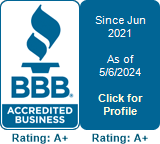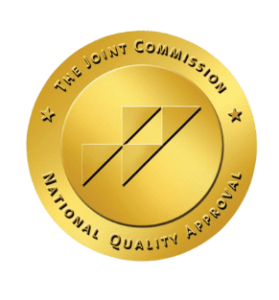How to Help an Addict Who Relapsed: A Guide for Family and Friends
When someone you care about relapses during their addiction recovery journey, it’s a difficult and challenging time for everyone involved. Knowing how to give meaningful support during this time is vital, and it’s okay if it doesn’t always come naturally.
From understanding the nature of relapse to identifying warning signs and providing emotional support, there are many ways close friends and family members can help their loved ones get back on track following a relapse. By committing to providing support and celebrating progress, no matter how small, you can play a positive role in the recovery process.
What We’ll Cover
Understanding the Nature of Relapse
In the context of addiction recovery, relapse refers to using drugs or alcohol after a period of committed sobriety. Relapse is a common challenge on the journey of addiction recovery, and it’s important to remember that relapse is not a sign of failure. It’s an opportunity to learn how to make changes so it doesn’t happen again, then recommitting to sobriety.
For certain individuals, relapse can even play a productive role in recovery by enhancing the effectiveness of sobriety strategies in the future. For this to happen, though, everyone involved needs to understand how to provide support, and the best way for family members to understand the nature of drug or alcohol relapse is through education and open communication.
Identifying the Warning Signs of a Relapse
Part of an effective relapse prevention or response plan revolves around close friends and family members being able to recognize the warning signs of a relapse. These signs serve as alerts that additional investigation or conversations are necessary. While these signs do not necessarily mean someone has relapsed, broader patterns to watch for include:
- The return to old behaviors associated with past addiction issues
- A decline in self-care or hygiene
- Increased stress or anxiety
- Drastic changes in physical appearance, weight, or appetite
- Fluctuations in mood or erratic behavior
- Engaging in risky activities
- Ignoring phone calls
- Sudden withdrawal or isolation
While there can be other explanations for these indicators, family members and close friends should always be on the watch for these signs when someone they care about is in recovery. With time, friends and family often come to intuitively “know” these warnings. Still, the earlier they’re spotted, the sooner their loved one can get the help they need.
Do you need help planning an addiction intervention following the relapse of someone in your life? Preparation is vital to sharing everyone’s perspective in a productive, respectful manner. The team at ALYST can help.
How to Provide Emotional Support During a Relapse
Providing emotional support during and following a relapse is essential to helping the person you care about get back on track to recovery. Navigating relapse is an emotionally charged time for everyone involved, so compassionate support significantly improves the chances for learning and rebounding.
Empathize With Your Loved One
Remember to stay empathetic when someone you care about has relapsed. You may not always understand the intensity of what they’re facing or why they’re behaving the way they are, but you can encourage them to express their feelings without fear of judgment. Listening with empathy allows them to share their struggles in a productive way.
Maintain Open and Honest Communication
Along with empathy, open and honest communication between family members is essential for supporting the person you care about through a relapse. It’s the foundation for them to express their struggles, fears, and uncertainties during their recovery journey. It also promotes clarity and shared insights while preventing misunderstanding that can hinder recovery. When the person you care about knows they have a safe support network they can share their challenges with, the more likely they are to acknowledge they need help and reach out for it.
Limit Criticism and Negative Responses
Addiction recovery is often a sensitive process, particularly early in the early stages when the risk of relapse is highest. Criticism and excessive negativity can exacerbate an already delicate situation. That’s why you should always express any concerns in a constructive, respectful manner. Remember that it is possible to be honest and respectful when you’re calling out someone who has relapsed, but it often takes some reflection and awareness before those difficult conversations occur.
In our experience, encouraging your loved one is almost always more effective than criticizing them. At the same time, they need a supportive environment so they develop coping skills for successful recovery.
How to Provide Practical Assistance Following a Relapse
Don’t underestimate the value of the support you provide a loved one in their recovery journey. Small actions like going to a treatment with them or helping them maintain a sober environment at home can make a difference when they encounter triggers or cravings. You can also help them with:
Creating a Recovery Plan
Addiction recovery is a lifelong journey, so developing a creative and evolving recovery plan should be a natural part of the experience. Friends and family can aid in creating and fine-tuning a sober lifestyle regimen that makes the most sense for their loved one’s daily life, interests, and routine.
Encouraging Healthy Lifestyle Changes
Sustaining recovery involves adopting healthy lifestyle changes. Along with creating a plan to prioritize those changes, family members should be encouraged to support and take part in them. Family members can help their loved one maintain a healthy sleep schedule, cook more nutritious dinners, engage in regular exercise, and explore creative outlets.
Maintaining Boundaries and Structure
Loved ones should also provide a structured and sober environment to promote healthy behaviors and prevent future relapse. While setting and holding consistent boundaries is a common challenge and takes time for family members to learn, it is a vital part of long-term recovery. Establishing boundaries most often starts with an addiction intervention. Maintaining them takes a lifetime.
The Role of Professional Help Following a Relapse
Individuals struggling with relapse often need the support of their loved ones to take the next steps and reach out for professional guidance. However, it can be difficult to know when and how a professional can play a role in recovery.
The Importance of a Ongoing, Real-World Support
If your loved one is already receiving professional help, you should reach out and alert them of the situation following a relapse. They can then recommend next steps. If, however, they have not yet received any professional guidance, the best thing you can do is encourage them to reach out.
A professional can help everyone involved understand the severity of the issues while addressing any underlying psychological issues that could be at the root of the addiction. These insights are critical for tailoring a relapse prevention plan to your loved one’s needs.
Exploring Creative Treatment Options
A professional can also help you explore creative addiction treatment options that you may not have considered or explored before. Today, more treatment options are available than ever before, so recovery can be customized for anyone, and the only limitation is in knowing all the possibilities that are available for your loved one.
Advocating for Continuing Care
Getting back on track with recovery after a relapse is an essential first step, but it’s also the first of many. Continuing care is an important part of ensuring your loved one doesn’t fall back into past patterns. Creative treatment options like at-home rehab, sober companion services, and sober recovery coaching make it easy to integrate continuing care into any lifestyle on a customized basis.
Celebrate Success, No Matter How Small
When someone you care about has relapsed, one of the best things you can do to support them is by celebrating any progress, no matter how small it may seem, as a way to positively remind them of their commitment to sobriety.
Whether they’ve been sober a day, a week, or a month, each milestone warrants recognition and praise, but right now the most important thing is that they’re getting back on track with recovery. Or if they haven’t recommitted, celebrate that they’re considering the possibility of treatment or at least thinking about talking to someone about it.
Addiction recovery is about making better choices every day, even if it’s just one small step at a time. By taking these steps, you can help your loved one take the next step today. Reach out to ALYST and let’s discuss how we can help with our fully at-home approach to addiction rehab.






